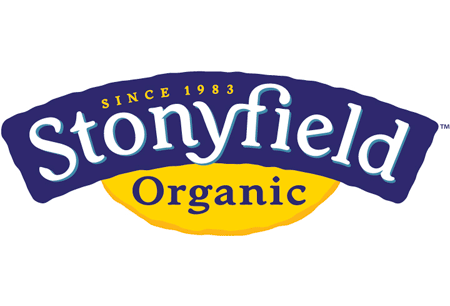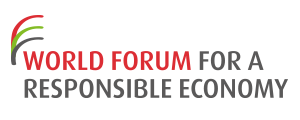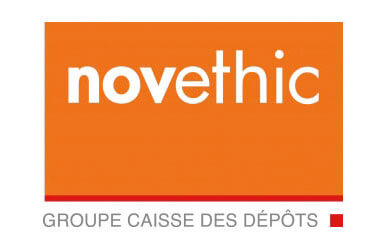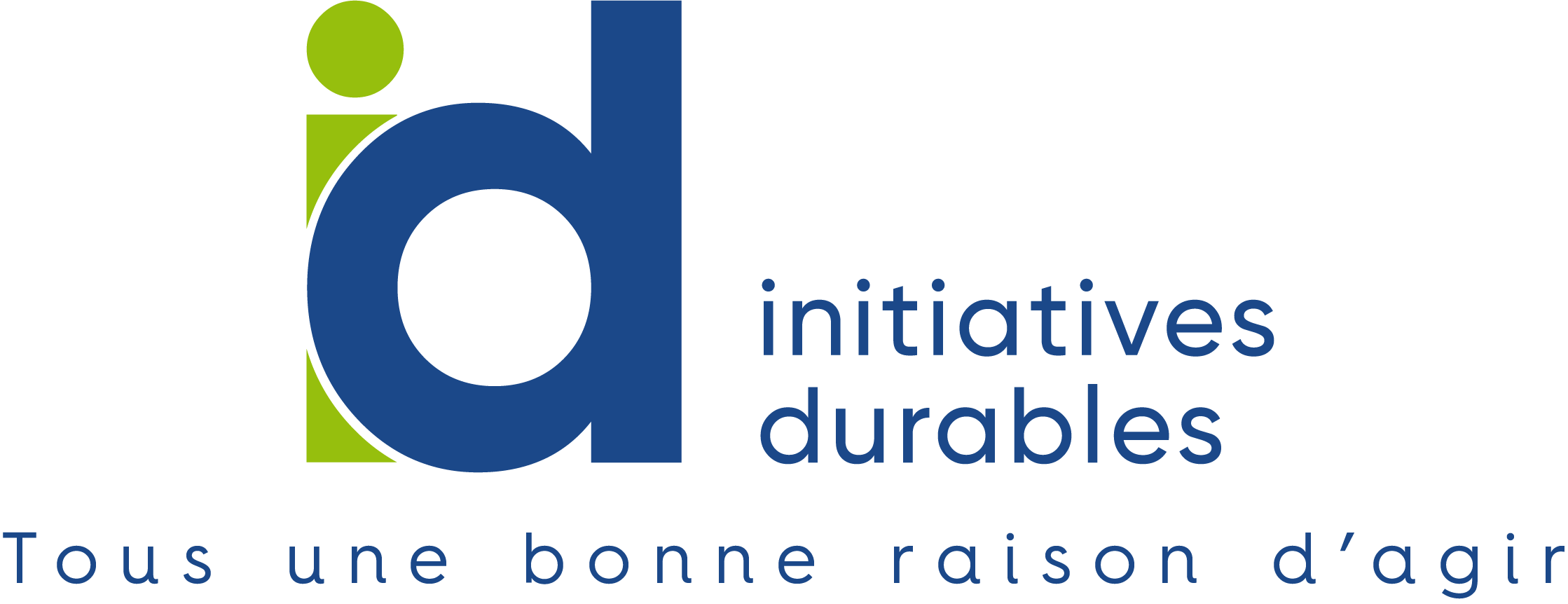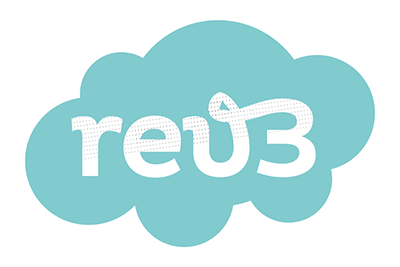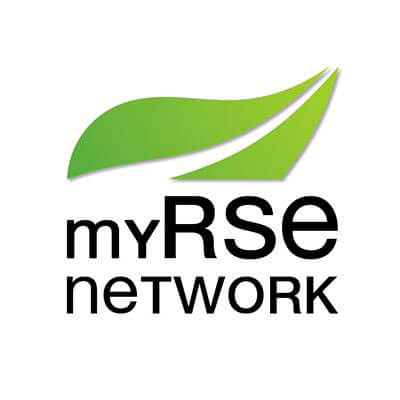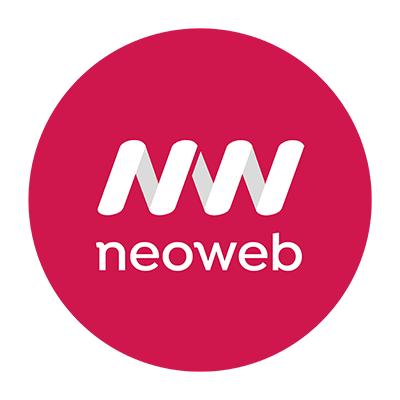In the United States, the organic food turnover has increased threefold within three years and now accounts for 30 billion dollars. This growth was achieved as people are more and more careful about what they eat.
Stonyfield Farm Organic was one of the first businesses which realised the
importance of this topic. On the basis of an environmentally-friendly business model, the organisation launched a range of dairy products labeled as Organic.







